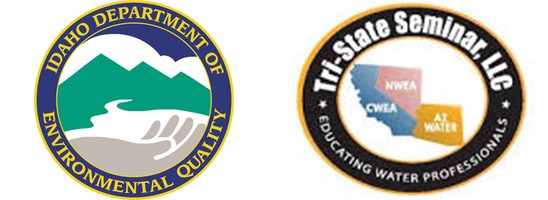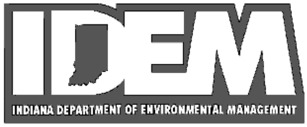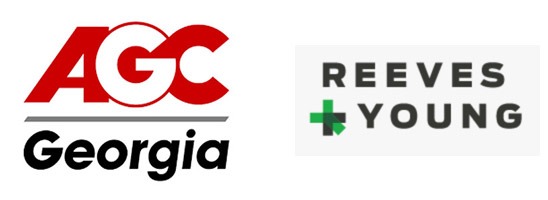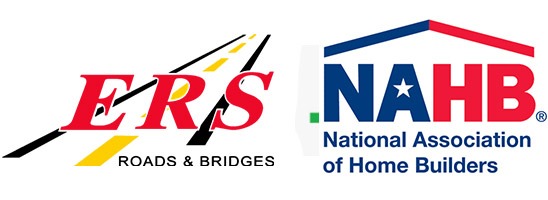NPDES in Georgia
The National Pollutant Discharge Elimination System (NPDES) – Clean Water Act Section 402 –
The NPDES program controls direct discharges into navigable waters of the US. The State of Georgia has been delegated the responsibility of managing the federal requirements of the NPDES program which involves point source discharges (pipes and sewers), and non-point sources (construction sites). NPDES permits, issued by either EPA or an authorized state (such as Georgia) contain industry-specific, technology-based and/or water-quality-based limits, and establish pollutant monitoring and reporting requirements. A facility that intends to discharge into the nation’s waters must obtain a permit before initiating a discharge. A permit applicant must provide quantitative analytical data identifying the types of pollutants present in the facility’s effluent. The permit will then set forth the conditions and effluent limitations under which a facility may make a discharge.
An NPDES permit may also include discharge limits based on federal or state water quality criteria or standards that were designed to protect designated uses of surface waters, such as supporting aquatic life or recreation. These standards, unlike the technological standards, generally do not take into account technological feasibility or costs. Water quality criteria and standards vary from state to state and site to site, depending on the use classification of the receiving body of water. Most states follow EPA guidelines that propose aquatic life and human health criteria for many of the 126 priority pollutants.
Georgia in 2003, with regard to construction sites passed legislation to ensure the construction industry was properly aware of the NPDES requirements under the Clean Water Act (CWA). HB285 amended the Georgia Erosion and Sediment Control Act (GESA) to require all persons involved in land development design, review, permitting, construction, monitoring, or inspection, or any land disturbing activity to meet the education and training certification requirements listed by December 31, 2006.
By revising GESA, Georgia’s permitting process agreed with federal requirements under the Clean Water Act. GSWCC was charged with developing and administering the certification program in consultation with the Georgia Environmental Protection Division (GAEPD) and the Governor appointed Stakeholder Advisory Board. GSWCC, GAEPD and the Stakeholder Advisory Board established three certification courses; the Level 1A Fundamentals; Level 1B Advanced Fundamentals; Level II Introduction to Design; and finally in 2007, the Subcontractor Awareness certification, which created course agendas, course curriculum and developed course certification requirements.
GeoLOGICs NPDES Training Institute is an approved training provider who has registered certification and recertification for ALL four of the programs required courses.















































